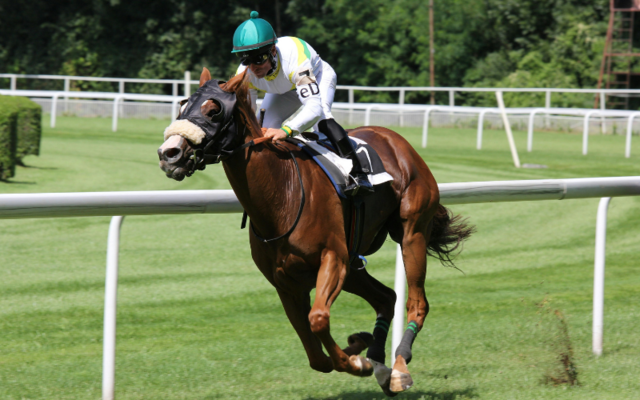Horse racing is an event that attracts fans by throngs in Ireland.
People flock to the tracks, eager to see which horses will cross the finish line first and ready to back their picks with wagers. In recent years, people have been able to follow the races from their homes, relying on online bookies to provide them with competitive odds. What’s more, many betting sites offer real-time updates, allowing fans to gauge how well their picks are doing. Well, it turns out that this enthusiasm for horse race betting is not a new thing. If anything, it is part of Irish culture.
We take a look at how it all began and how it has evolved over the years.
Going Back to the Origins
They say that to truly understand any culture, you have to go back to its roots. So, who and what prompted horse racing betting in Ireland? The story starts somewhere between 110 BC and 60 AD during the reign of High King Conaire Mor. At this time, chariot races began to take place in the County of Kildare. So blown away were people by the thrill of watching horse racing that this soon set the pace for what would be a sport that carried on through the centuries. While early records are few and far between, those that are available depict a time when horse racing was gaining traction in the region.
Our story takes us to the early 17th century, where we come across the first documented horse race. Thanks to a royal decree, the government of Derry had the opportunity to organise horse races alongside fairs. And as you would expect, people showed up in large numbers. It was along this line that King Charles II decided to up the stakes by introducing competitive horse racing in 1666. Per his offer, the horses that made it to the finish line first would get a reward. And with lucrative rewards on the line, the stakes were high enough to attract more attention from the horse trainers as well as the fans.
Eventually, horse racing and betting became synonymous as more racing events became available in Ireland, from the Irish Derby to the Irish Champion Stakes and Irish Oaks. Fans would show up to support the horses they thought were most likely to win the races. And bookies, who would be at the tracks, would offer varying odds to the punters.
Hello Online Wagers
Up till the end of the 20th century, it was the norm for punters to make physical wagers such that they would be at the tracks, interacting with bookies and parting with cash for a wager. However, this soon changed when some bookies created online betting platforms. These allowed punters to place bets no matter where they were and at any time they wanted. While the uptake for these services was slow at first due to limited access to the internet, the reliance on desktops, and overall limited information about how these platforms worked, they have become quite popular towards the end of the first quarter of the 21st century. After all, the following changes have occurred:
- The sites are now accessible through mobile phones
- The number of payment methods has increased
- The market coverage for local and international horse racing events has increased
- The odds tend to be much more competitive
- Access to the Internet has become much easier
These and many other factors have compounded to make online betting more convenient for punters. What’s more, people can now follow the races on the go by relying on the live streams offered online. As such, these platforms have paved the way for this tradition to carry on in the face of technological advancements.
Impact on Society
Betting on horse races is not just for the money. In fact, for many fans, it’s all about connecting with other people over their shared passions. Others do it for the thrill of having money on the line, while others love that it allows them to be part of a tradition. Some people do it for all the above!




Comments